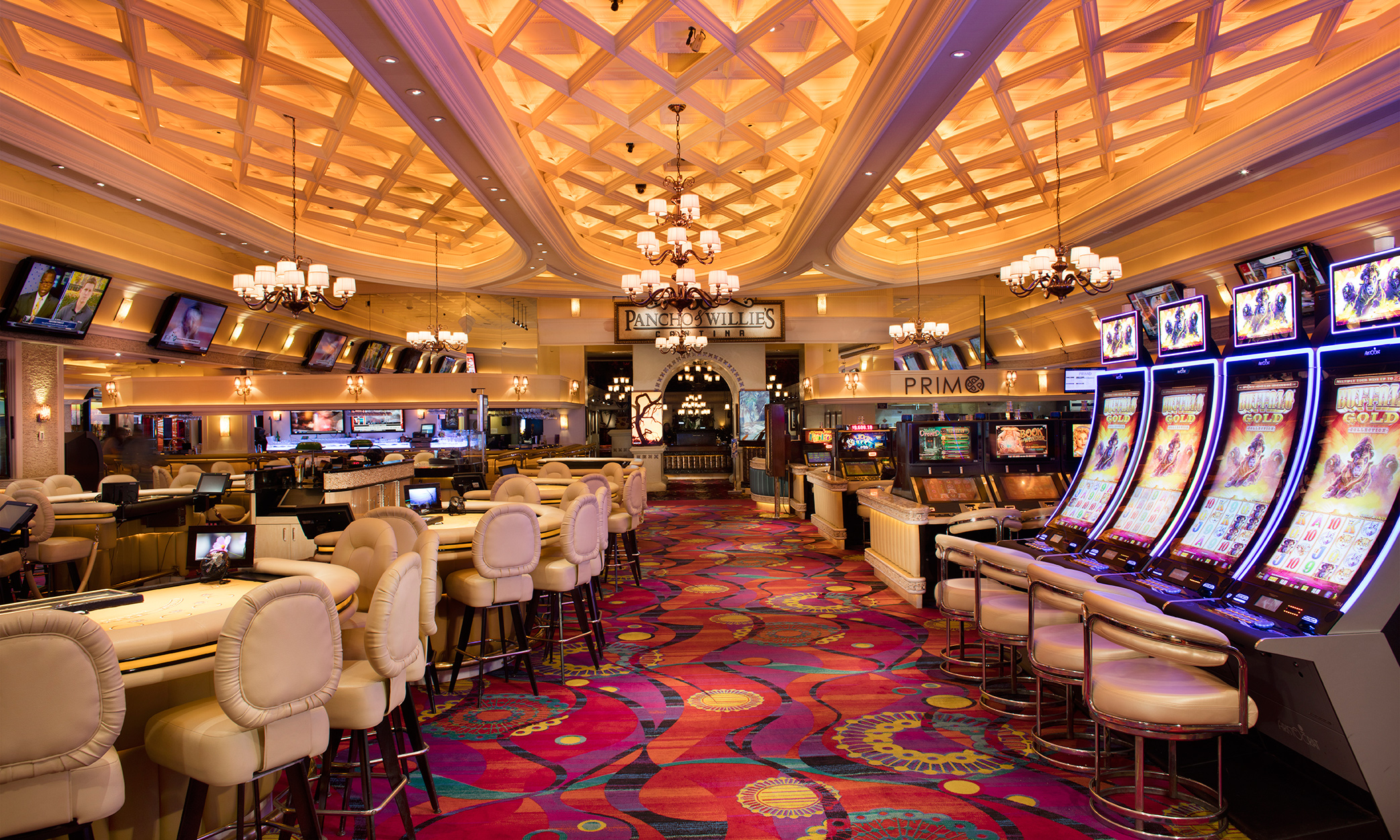When we think of casino games, the first pictures that often cross our minds are those of rotating wheel devices, card tokens clinking on fabric tables, and dice flying across a betting area. While numerous view these activities as mere hobbies fueled by chance, a more profound exploration reveals a fascinating blend of tactics, skill, and social interaction that elevates them far beyond basic luck. Regardless of whether you are a seasoned player or a inquisitive newcomer, grasping the nuances of these games can significantly enhance your experience and understanding.

Casino activities have developed over centuries, with various cultures contributing to their diverse histories and variations. From the intricate strategies of 21 to the deception methods in card games, players engage in a battle of wits as much as a gamble on odds. This exciting interplay between chance and expertise creates a exciting atmosphere that draws millions to casinos worldwide. As we explore the world of table activities, we will uncover the methods that can tilt the odds in your favor and the community elements that make these games a favored choice for entertainment and engagement.
A Strategy Behind Table Gaming
Table gaming often involve a mix of ability and chance, which makes them intriguing for players who like a challenge. Every game has its own set of rules and strategies that can influence the outcome. For example, in games like 21, participants are obliged to use tactics like card counting and understanding the probabilities to make smart decisions. This skill set can greatly improve their winning potential, differentiating experienced players from beginners who may depend entirely on chance.
Conversely, titles such as roulette may seem to be purely based on chance, but tactical thinking can also play into play. Players can select between various betting tactics, such as the Martingale system, in which they raise their bets after a loss. This method can create a more controlled approach to the activity. Grasping the probabilities of specific wagers can also assist participants make better decisions on the table, demonstrating that even titles of chance, strategy can enhance the experience.
Furthermore, poker is notable as a game that strongly emphasizes strategy. Unlike most casino games, the game of poker combines ability, mental acuity, and chance. Participants must not only concentrate on the cards they are given but also consider their rivals’ actions and wagering patterns. Mastering principles like table position, the odds of the pot, and reading bluffs is essential for success. This depth of tactics in poker often creates to a more engaging encounter for players, where their decisions and skills greatly impact the match’s results.
Grasping Probability and Odds
In the world of casino games, probability and ratios have a crucial role in deciding a player’s potential results. Every activity has its own collection of principles that define how the chance of succeeding or failing is measured. For instance, in matches like 21, players have a chance to affect their odds through strategy, whereas in matches like roulette, the outcomes are purely governed by chance. Grasping how these chances are calculated can significantly impact how a gambler deals with the game.
Ratios are typically shown in two forms: ratio and decimal. Ratio odds show the proportion of the sum gained to the amount staked, whereas decimal ratios show the overall return for a successful wager, which includes the initial bet. For example, if a match has ratios of 5 to 1, this implies that for every one unit bet, a gambler could win five units if successful. Knowing how to understand these odds allows players to assess their possible winnings and make more informed decisions during gameplay.
Players should also be aware of the casino advantage, which is the casino’s built-in benefit over the players. Each match has a different house edge, and understanding this concept is crucial for controlling one’s expectations and bankroll. Games with a lower house edge, such as 21 and chemin de fer, typically offer better odds for gamblers compared to activities like slots and keno. By recognizing the connection between probability, ratios, and the house edge, players can enhance their gambling engagement and plan more effectively.
The Aspect of Casino Table Games
Casino games at casinos are often seen as a center of social interaction, bringing players together in a collective experience that goes far past the mere act of playing games. The atmosphere at a poker table can be vibrant, with gamblers engaging not only with the game itself but also with each other. Laughter, excitement, and, sometimes, playful teasing create connections that enhance the overall enjoyment of the gaming experience. This communal aspect can turn a solitary endeavor into a dynamic gathering, making table games particularly appealing.
One of the intriguing elements of gaming at tables is the way it fosters camaraderie among players. Whether it’s teaming up to defeat the dealer at a craps table or sharing stories between hands in a poker game, the environment encourages communication. Participants often share tips or tactics, creating a sense of community that boosts the fun. This interpersonal atmosphere can make new players feel welcomed and less intimidated by the competitive nature of casino games. As the game continues, friendships may form, leading to a sense of belonging that keeps participants returning to the table.
Moreover, the social aspect of table gaming extends beyond just the players. Casino staff play a crucial role in facilitating interaction and maintaining the flow of the game. Their ability to engage gamblers with friendly conversation and their expertise in running the table can create an inviting atmosphere. This relationship between players and dealers adds another layer of enjoyment, where players feel connected not only to one another but also to the staff. vb88 Such interactions are often what make the experience unforgettable, as participants leave with tales to tell and connections made, reinforcing the notion that table games are truly about something greater than luck.